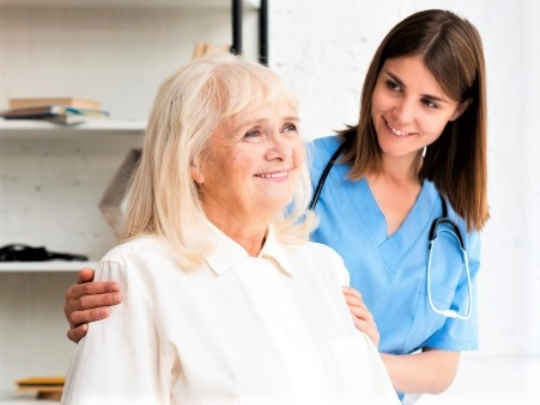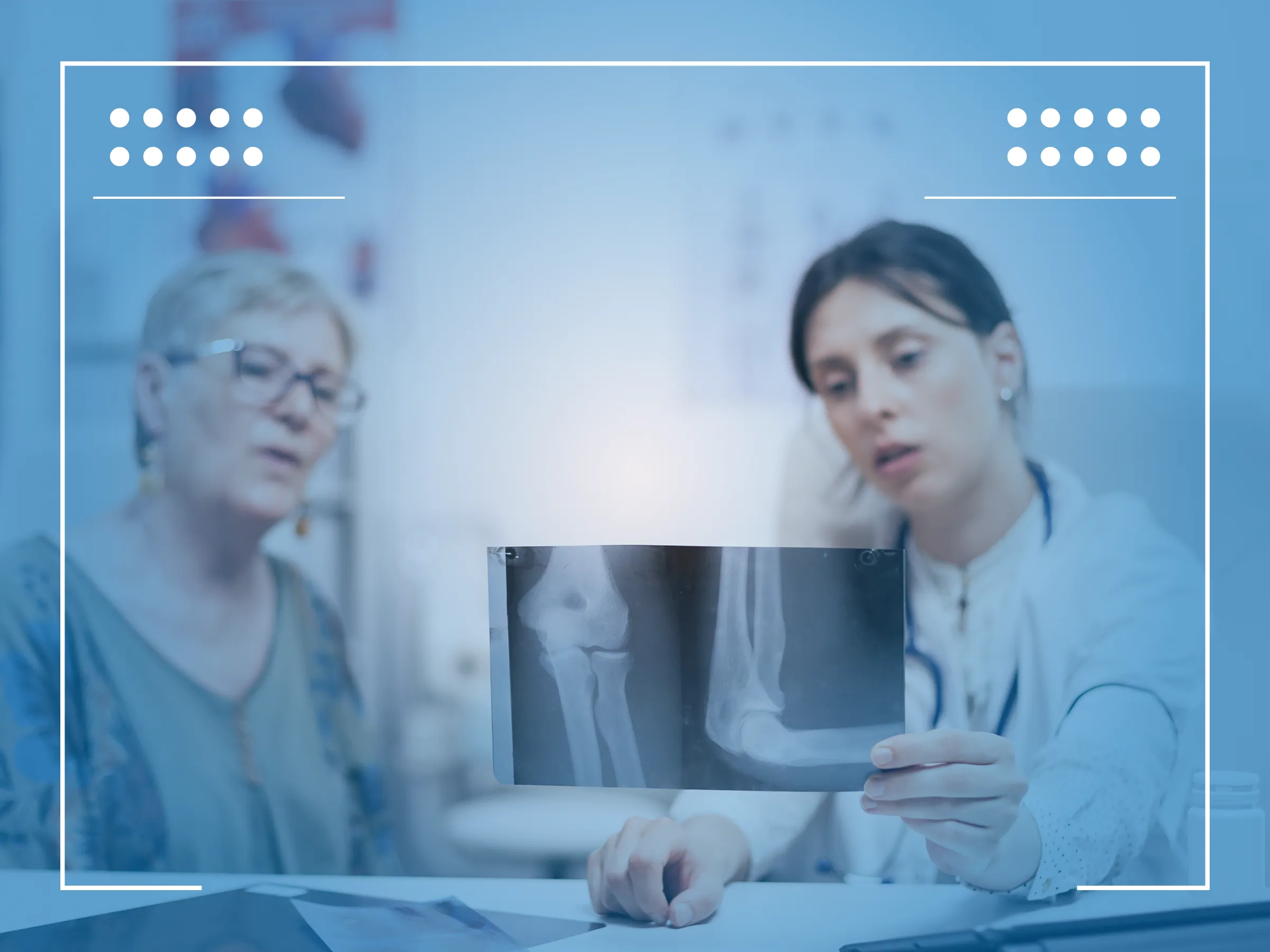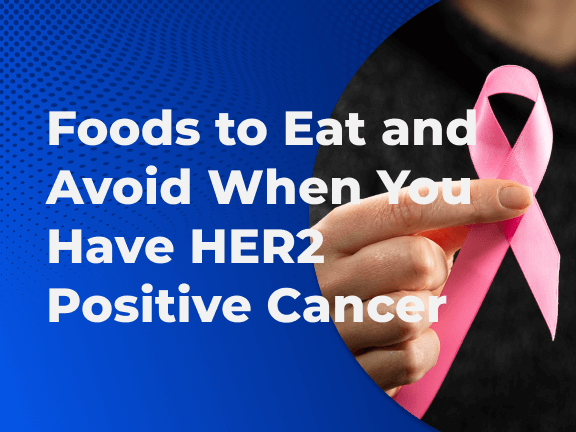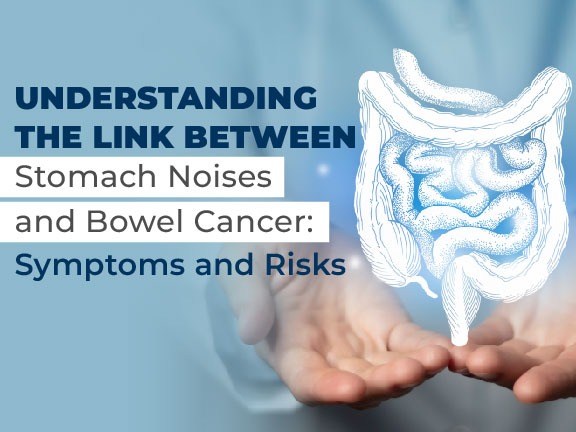An overview of how cancer can become a burden for an entire family and how a caregiver can help lighten the load. Cancer can be a long journey and being prepared for what to expect will help you and your loved ones.
The feeling of being helpless can be devastating. Whether you or a loved one has been diagnosed with cancer, it can change the course of your life in an instance. Suddenly, nothing seems to matter besides that person’s health and safety. Now, dealing with the burden of cancer along with everything else going on in your life can seem overwhelming. It won’t be easy, but there is a light at the end of the tunnel. Most people have dealt with the loss of a close one at some point. However, cancer can be a long, strenuous journey that can feel like an entire lifetime. If the caregiver does not properly educate and prepare themselves for all they will have to endure, it can be almost as hard as going through treatment yourself. By performing your due diligence early on in this journey, it will benefit you greatly, and more importantly will benefit the loved one you’re caring for. Millions of Americans have achieved the end-goal of being cancer free and deemed a survivor. Even though you just started on the journey they have completed, each case can be a reference in place to help you and the one you’re caring for along the way. At times it may seems like only the two of you have to experience the good, bad, and the ugly parts of cancer. But valuable resources are everywhere that can help alleviate the feeling of helplessness, you just have to search for them.
There are many important aspects of caregiving to be aware of. Most importantly, despite that fact that you now feel solely responsible for caring for a cancer patient, you must take of yourself as well. Your new job at times will feel like its never-ending and impossible to defeat. However, as long as you are a source of comfort and care for your loved one, you are achieving all you can until you celebrate the end of treatment. First and foremost, having a system of support is just as important for the caregiver as it is for the patient. Just as they need you to take care of them, someone must take care of you in your time of need. A popular solution for this is to talk to other caregivers about any struggles you have both experienced in your most troubled times.
There are a few ways you can socialize with other survivors and caregivers. You can either talk to someone you know with a similar experience involving cancer or if you don’t know anyone else in your situation, you can join a local support group dedicated to caregivers. They mainly focus on different ways to alleviate the stress and weight off your shoulders I this troubling time of your life. They also inform of ways to maximize your ability to care for a cancer patient and other resources that can help you achieve this goal. Sometimes just talking about your current situation can help as well. It is comforting to realize other people have dealt with the same struggles and problems you are currently going through. Hearing them talk about how the journey was worth it for getting to the end of treatment can be an immense source of inspiration and motivation to continue caring for your loved one each day.
It is imperative for you and the one you are caring for to establish a system of communication that is transparent with each other’s feelings and emotions. This will help keep the patient’s life as normal as possible and both of you will know when the other truly needs help. Feeling like they can operate as normally as possible can help distract them from their treatment as well. A simple way to do this is to allow them to plan daily or future activities accordingly. This can be a simple taste of a cancer-free life and a way to look forward to things. By communicating openly and honestly to one another it will help one another recognize when they should be left alone, need help, have something on their mind, etc.
Increased communication will be pivotal when the patient and caregiver are at their worst stages when anticipating one another’s needs can shape the caregiver-patient relationship. It can help being optimistic about the other end goal both of you share. Some patients have the urge to give up now that they have been diagnosed with this disease. Caregivers can help shift the perception of their problems to positive long-term outcomes. For example, even though more people are becoming cancer patients each year, the death toll has declined. This also means the number of survivors and sources of inspiration have increased for your patient to look up to (Cancer Statistics, 2018).
Acting and talking Positively can be infectious with the patient, but it is important to remain realistic about the challenges both of you face in the future. While it is important to remain optimistic about everything, when setbacks arise, your loved one will look to you for security and assurance that everything will be alright. Both of you might be new and uneducated when it comes to dealing with cancer, which is why it is essential for both of you to be involved with everything throughout the process. From hospital visits, support groups, and online research, the more both of you know, the easier it can be to solve any future dilemmas that occur. Sometimes those dilemmas can affect your personal relationship with the patient.
You must remember the common goal that you share with the patient and recognize that you both need to do what best supports that instead of your relationship with one another, knowing that you will both be closer after this experience has ended. At times, both of you will get the feeling of “why me?” It’s important to admit when both of you feel overwhelmed and need professional help. Do not see this as a way of failing one another, but as a sign of bravery that you both need extra support in this devastating time. You should also not feel embarrassed or like a failure if you admit to not being able to perform certain tasks to care for your loved one. It is impossible to do everything by yourself, and you should not feel like you must in order to be a caregiver. Getting help for the both of you will lessen the load of help you must give and provides your loved one with professional help. A network of professional and personal sources for help will widen the variety of people who understand your situation and can help in the future. Many people create life-long relationships throughout this process that can go beyond helping each other becoming cancer-free.
Just remember that you are doing your job by simply caring about their well-being. You will make mistakes, but in the end your good intentions will help provide a loving and stable system for the patient. Blaming yourself or each other for these mistakes won’t help either of you move forward and get better. Each mistake should be seen as a lesson by you in order to become better are being a caregiver and understanding what your patient wants in the future. Always remember that neither of you are alone. Over 1.7 million Americans were diagnosed with cancer in 2018 (Cancer Statistics, 2018). Although the number is staggering and sad to think of all the people with similar and difficult experiences, people like them can come together to help dampen the burden of having cancer or having to care for someone with it. Knowledge is power when it comes to becoming a caregiver. Most of the time, this is not a job that family members apply for or wish for themselves. This position might require you to put your life on hold for a loved one but allowing a loved one to simply continue living their life can be more than worth it in the end. The journey of living with cancer is not easy or quick, but it will make the end that much sweeter for the caregiver and the patient.













2 Comments
I am a caregiver of my 77 years old mom. She is lung cancer late stage. Physician tells me to take her hospice, but I do not want to leave here alone. She is still active and lively, If I take her to hospice she will be down. Can I have stay at home instead of hospice?
Thank you for your message, Mary. Your current oncologist’s office is the best to help you with hospice and home care recommendations, however, If you would like more information on Massive Bio’s Clinical Trial Matching System or Virtual Tumor Board review, please reach out to us at 844-627-7246.